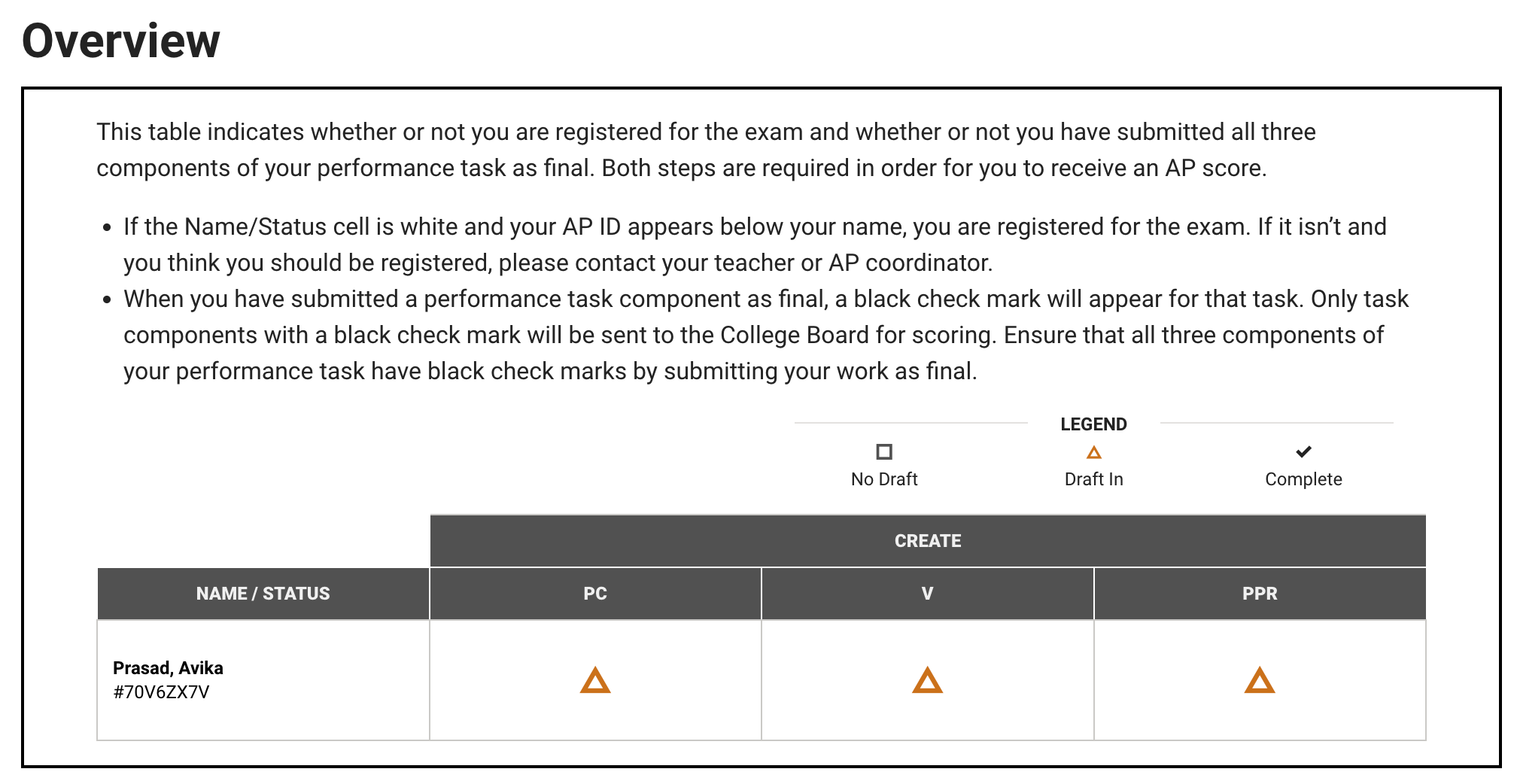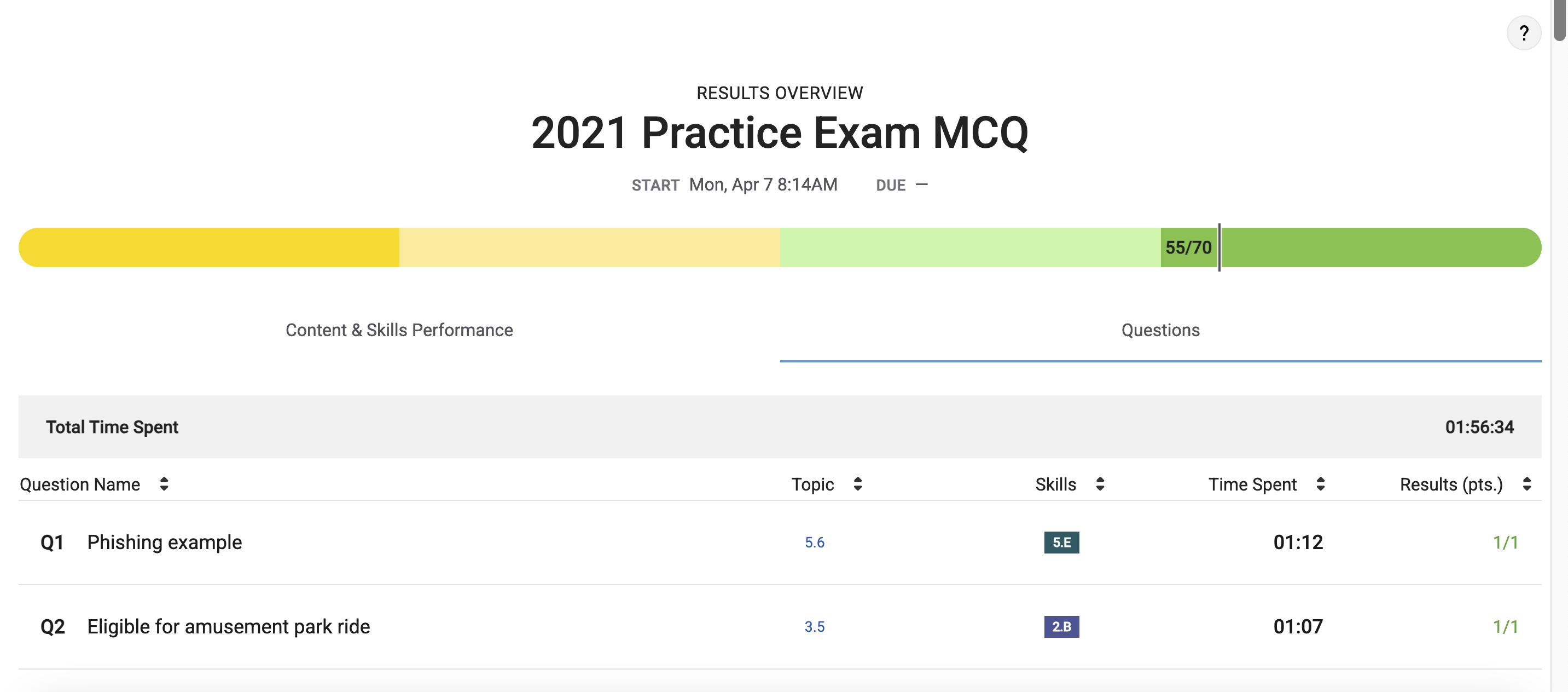| 1 |
Binary Numbers |
Understand binary, decimal conversions, binary arithmetic |
Review Khan Academy / CollegeBoard materials; practice binary conversions |
| 2 |
Data Compression |
Learn lossless vs. lossy compression; examples of each |
Watch videos, do practice questions on Huffman coding, run simulations |
| 3 |
Iteration |
Learn loops (for, while) and their structure |
Practice writing simple Python loops on Replit or in pseudocode |
| 4 |
Lists |
Understand list operations (indexing, appending, traversing) |
Practice manipulating lists in pseudocode and Python |
| 5 |
Calling Procedures |
Learn how to define and call procedures (functions) with/without parameters |
Write simple procedures and trace calls manually |
| 6 |
Algorithmic Efficiency |
Understand linear vs binary search, nested loops, big-O basics |
Compare algorithm runtimes; trace and compare code snippets |
| 7 |
Review & Practice |
Reinforce topics from days 1–6 |
Mixed review quiz, flashcards, and reflection notes |
| 8 |
The Internet (Basics) |
Understand IP, DNS, packets, protocols |
Watch CrashCourse or Code.org videos; label diagrams |
| 9 |
Cybersecurity & Internet |
Understand encryption, digital certificates, secure transmission |
Practice scenarios; identify secure vs insecure examples |
| 10 |
Parallel and Distributed Computing |
Understand differences, pros/cons, and examples |
Simulations on how distributed systems work; real-world case studies |
| 11 |
Legal & Ethical Concerns |
Learn about data privacy, copyright, fair use, digital divide |
Read case studies and identify ethical concerns |
| 12 |
Mixed Practice |
Combine topics: internet, compression, computing ethics |
Scenario-based practice and multiple-choice questions |
| 13 |
Practice Exam Day |
Take a timed mini-mock CSP exam (focus on weak areas) |
Analyze performance and identify lingering weak spots |
| 14 |
Final Review |
Review all mistakes and summarize each topic in 1-page notes |
Create cheat sheets and quiz yourself with flashcards |

